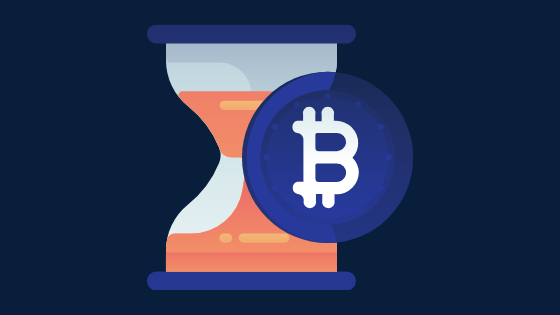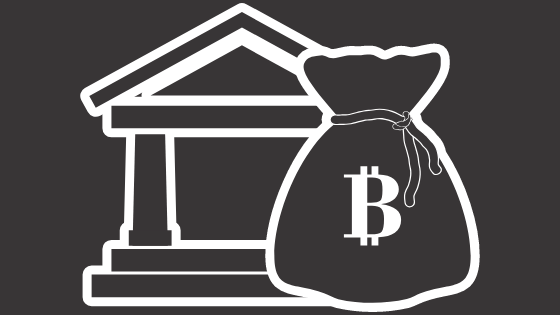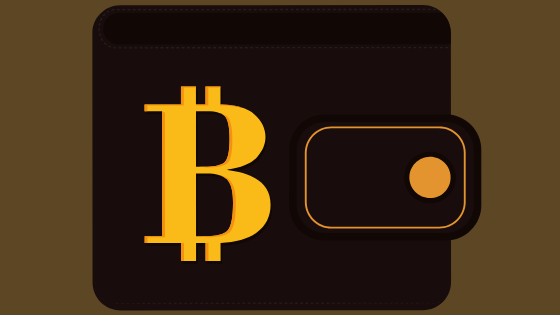An exchange rate is a price paid for one currency in exchange for another. It is this type of exchange that drives the forex market.
There are more than 100 different kinds of official currencies in the world. However, most international forex trades and payments are made using the U.S. dollar, British pound, Japanese yen, and the euro. Other popular currency trading instruments include the Australian dollar, Swiss franc, Canadian dollar, and New Zealand dollar.
Currency can be traded through spot transactions, forwards, swaps and option contracts where the underlying instrument is a currency. Currency trading occurs continuously around the world, 24 hours a day, five days a week.
Who Trades Forex?
The forex market not only has many players but many types of players.
Banks
The greatest volume of currency is traded in the interbank market. This is where banks of all sizes trade currency with each other and through electronic networks. Big banks account for a large percentage of total currency volume trades. Banks facilitate forex transactions for clients and conduct speculative trades from their own trading desks.
When banks act as dealers for clients, the bid-ask spread represents the bank's profits. Speculative currency trades are executed to profit on currency fluctuations. Currencies can also provide diversification to a portfolio mix.
Central Banks
Central banks, which represent their nation's government, are extremely important players in the forex market. Open market operations and interest rate policies of central banks influence currency rates to a very large extent.
A central bank is responsible for fixing the price of its native currency on forex. This is the exchange rate regime by which its currency will trade in the open market. Exchange rate regimes are divided into floating, fixed and pegged types.
Any action taken by a central bank in the forex market is done to stabilize or increase the competitiveness of that nation's economy. Central banks (as well as speculators) may engage in currency interventions to make their currencies appreciate or depreciate. For example, a central bank may weaken its own currency by creating additional supply during periods of long deflationary trends, which is then used to purchase foreign currency. This effectively weakens the domestic currency, making exports more competitive in the global market.
Central banks use these strategies to calm inflation. Their doing so also serves as a long-term indicator for forex traders.
Investment Managers and Hedge Funds
Portfolio managers, pooled funds and hedge funds make up the second-biggest collection of players in the forex market next to banks and central banks. Investment managers trade currencies for large accounts such as pension funds, foundations, and endowments.
An investment manager with an international portfolio will have to purchase and sell currencies to trade foreign securities. Investment managers may also make speculative forex trades, while some hedge funds execute speculative currency trades as part of their investment strategies.
Corporations
Firms engaged in importing and exporting conduct forex transactions to pay for goods and services. Consider the example of a German solar panel producer that imports American components and sells its finished products in China. After the final sale is made, the Chinese yuan the producer received must be converted back to euros. The German firm must then exchange euros for dollars to purchase more American components.
Companies trade forex to hedge the risk associated with foreign currency translations. The same German firm might purchase American dollars in the spot market, or enter into a currency swap agreement to obtain dollars in advance of purchasing components from the American company in order to reduce foreign currency exposure risk.
Additionally, hedging against currency risk can add a level of safety to offshore investments.
Individual Investors
The volume of forex trades made by retail investors is extremely low compared to financial institutions and companies. However, it is growing rapidly in popularity. Retail investors base currency trades on a combination of fundamentals (i.e., interest rate parity, inflation rates, and monetary policy expectations) and technical factors (i.e., support, resistance, technical indicators, price patterns).
















